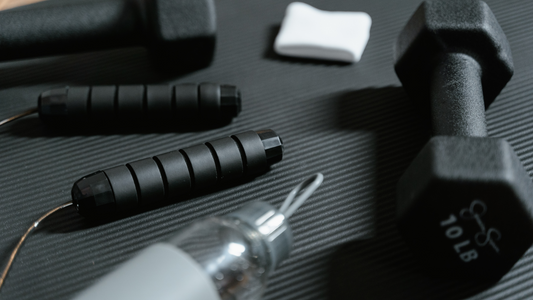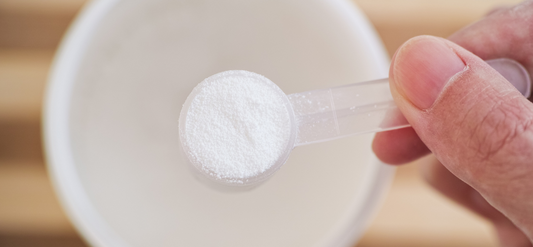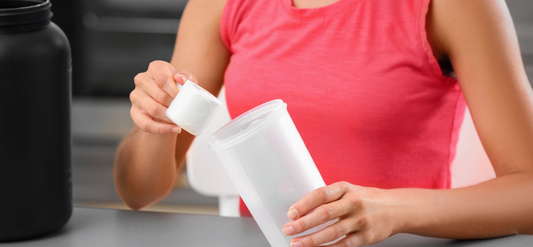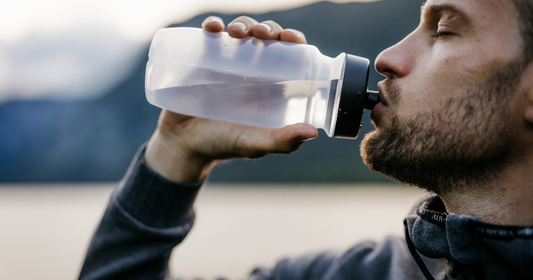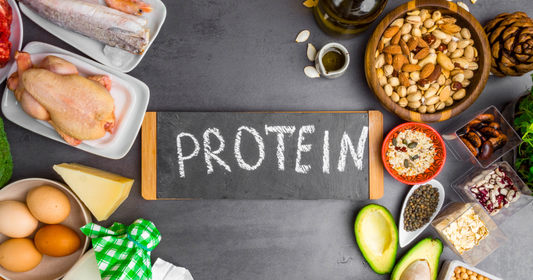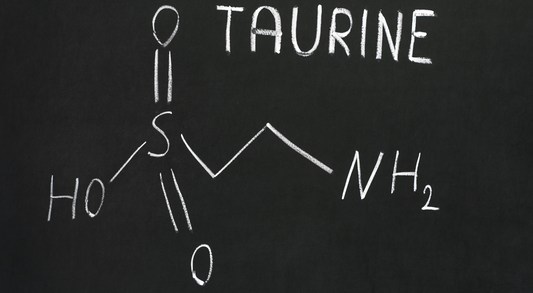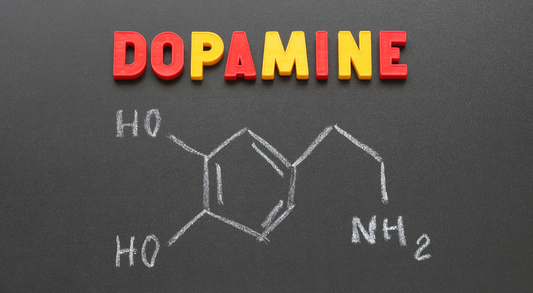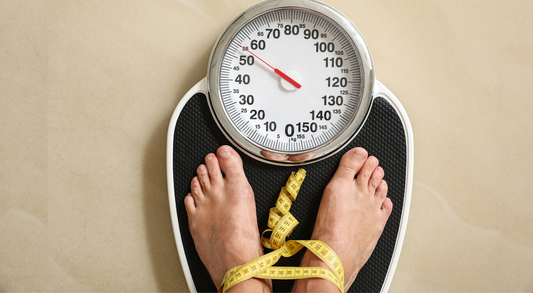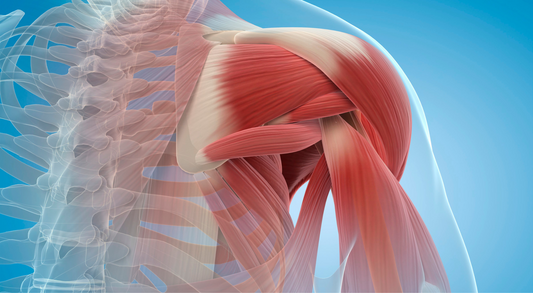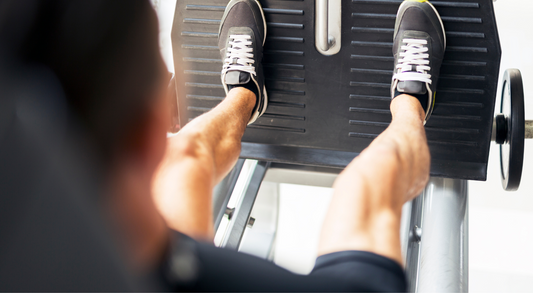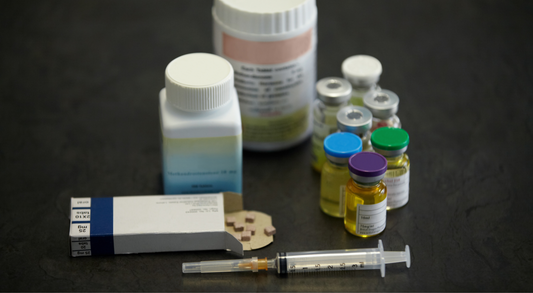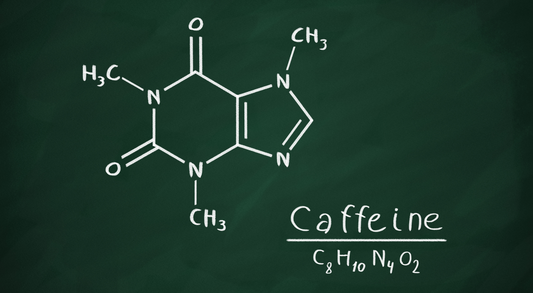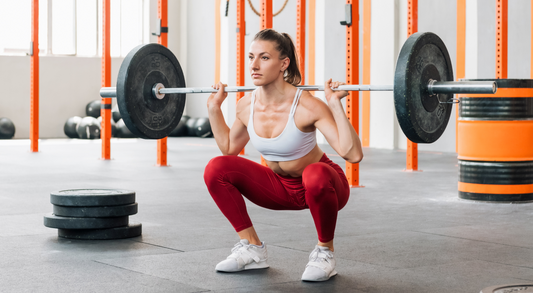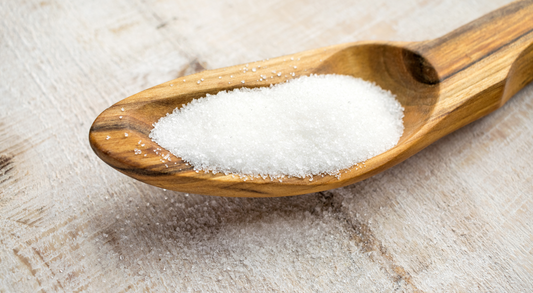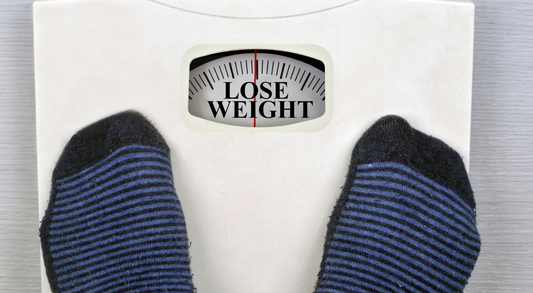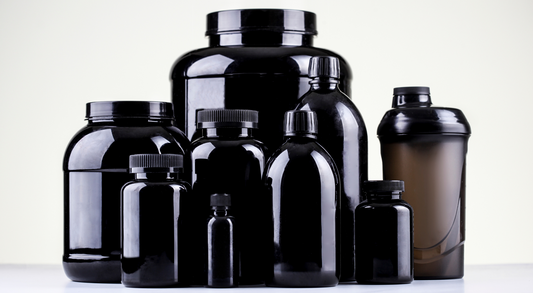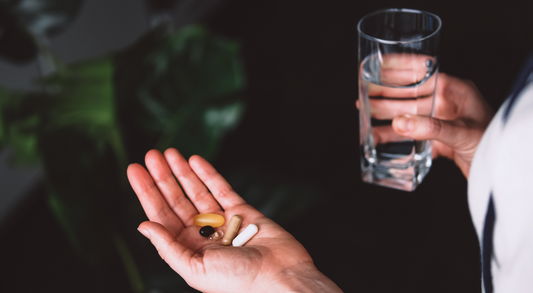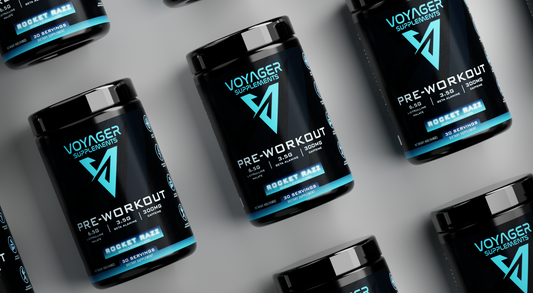Pre-workout supplements are commonly used by people who go to the gym and athletes. They help to energize the body, improve performance, and maximize the benefits of a workout. The main question is: how long does pre-workout take to kick in?
Definition of Pre-workout Supplements
Pre-workout supplements are mixtures filled with components designed to enhance energy levels and optimize exercise outcomes. These components include caffeine, amino acids, beta-alanine, and B vitamins. The time it takes for these substances to activate depends on various factors. The type of booster, your metabolism speed, and the food in your body can affect the activation time.
Factors Influencing Pre-workout Kick-In Time
The time for pre-workout to take effect varies based on individuals and situations. Pre-workout supplements usually take effect in 30-60 minutes. This is a broad estimation, and it might vary for different individuals due to factors such as metabolic rate, type of supplement, and stomach content. Know the factors. Time your supplement intake wisely. Gain maximum workout benefits.
- Type of Supplement: The type of supplement and its absorption rate determine how fast it affects the body. Liquid supplements absorb faster than pill form.
- Metabolic Rate: A person's metabolic rate is fundamental. The body's metabolic rate affects how long pre-workout takes to kick in. A fast metabolism breaks down the supplement quickly, leading to a quicker effect. Conversely, those with a slower metabolism may have to wait a little longer.
- Food Consumption: Stomach content while consuming the supplement is pivotal. A supplement on an empty stomach works faster, as no other food competes for digestion.
- Dosage Matters: The dosage of your pre-workout supplement can affect how fast it works. Larger doses will generally take longer to be fully absorbed by the body.
- Timing and Regularity: If you consume pre-workout supplementsregularly simultaneously, the body can adapt to this rhythm, which might lead to quicker absorption and noticeable effects over time.
- Tolerance Levels: Over time, your body can build a tolerance to caffeine in pre-workout supplements. This tolerance can impact how long it takes for pre-workouts to kick in. High tolerance can delay effects more than low tolerance.
- Activity Level after Consumption: Your activity level right after pre-workout plays a minor role in absorption. Movement, such as light warming-up exercises, can stimulate blood circulation, incrementally boosting absorption.
- Empty Vs. Full Stomach: Consuming pre-workout on an empty stomach can cause discomfort for some people. Not having a big meal but also not having an empty stomach can be a good balance for many.
Examples of Pre-workout Supplements and Kick-In Times
Given the understanding of the factors contributing to a pre-workout effect, it's possible to provide a rough guideline on different supplement timescales. However, the exact timing may vary for each individual.
- Creatine: Creatine can boost muscle strength and size and is part of pre-workout formulas. Its effects take longer compared to other ingredients as it accumulates in muscles.
- Nitric Oxide Boosters: Nitric oxide enhancers are often added to improve blood circulation. This, in turn, leads to an improved transportation of oxygen and essential nutrients to the muscles, enhancing their performance. The impact of these enhancers can be observed within a timeframe of 30 to 90 minutes after intake.
- Beta-Alanine: Beta-alanine has the potential to decrease muscle exhaustion, thereby positively influencing exercise sessions notably. The benefits kick in roughly 20 to 40 minutes after being consumed.
- B-Vitamins: B-vitamins boost energy and help convert food into body fuel. These vitamins, once consumed, usually take 50 to 60 minutes to kick in fully.






